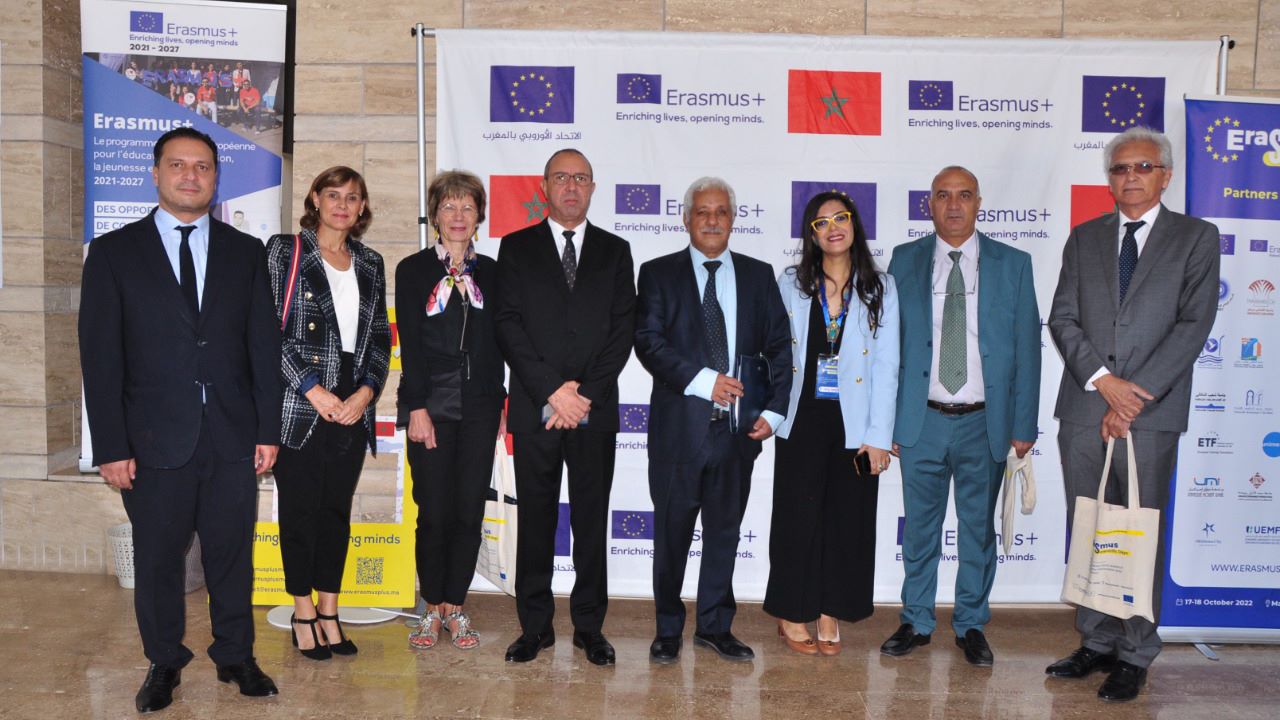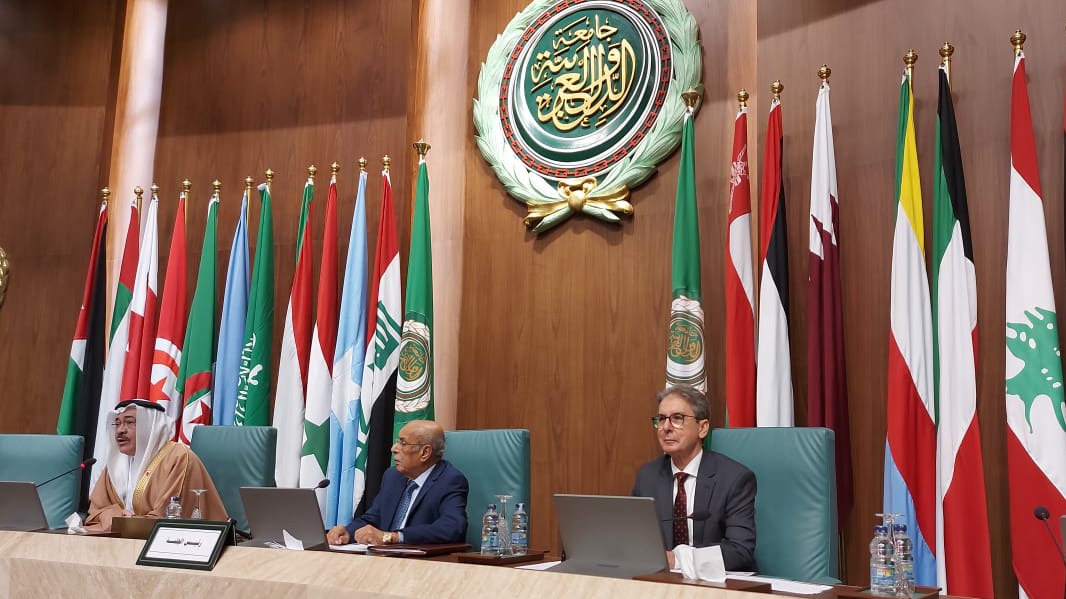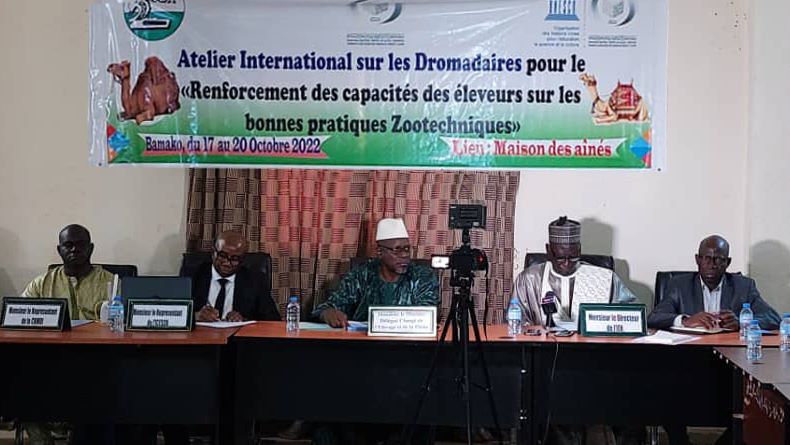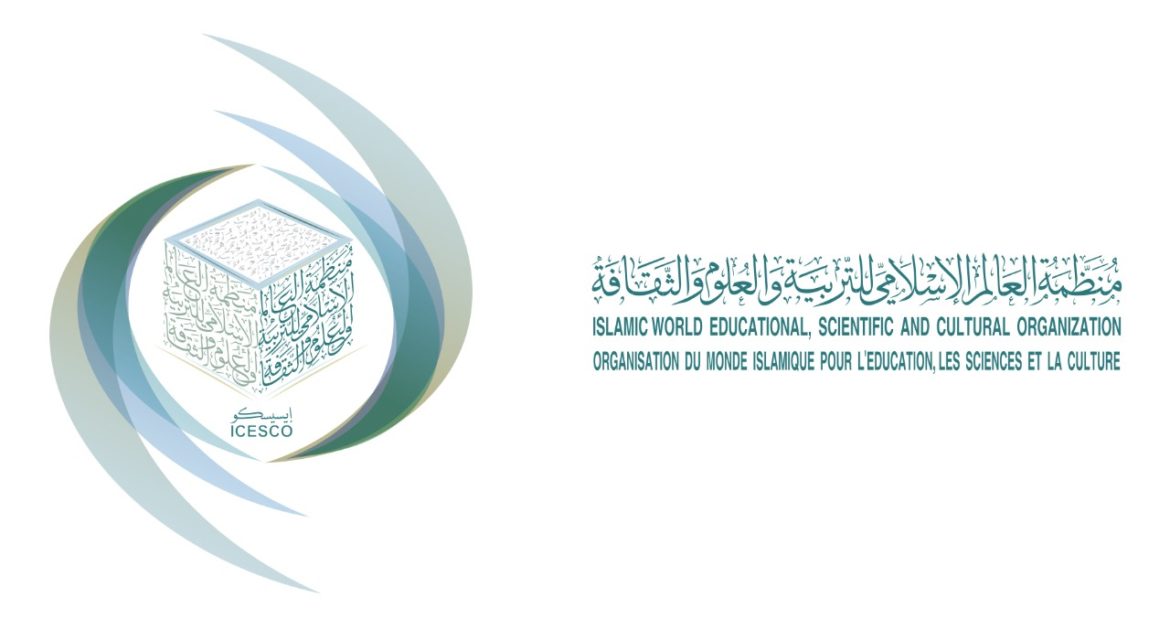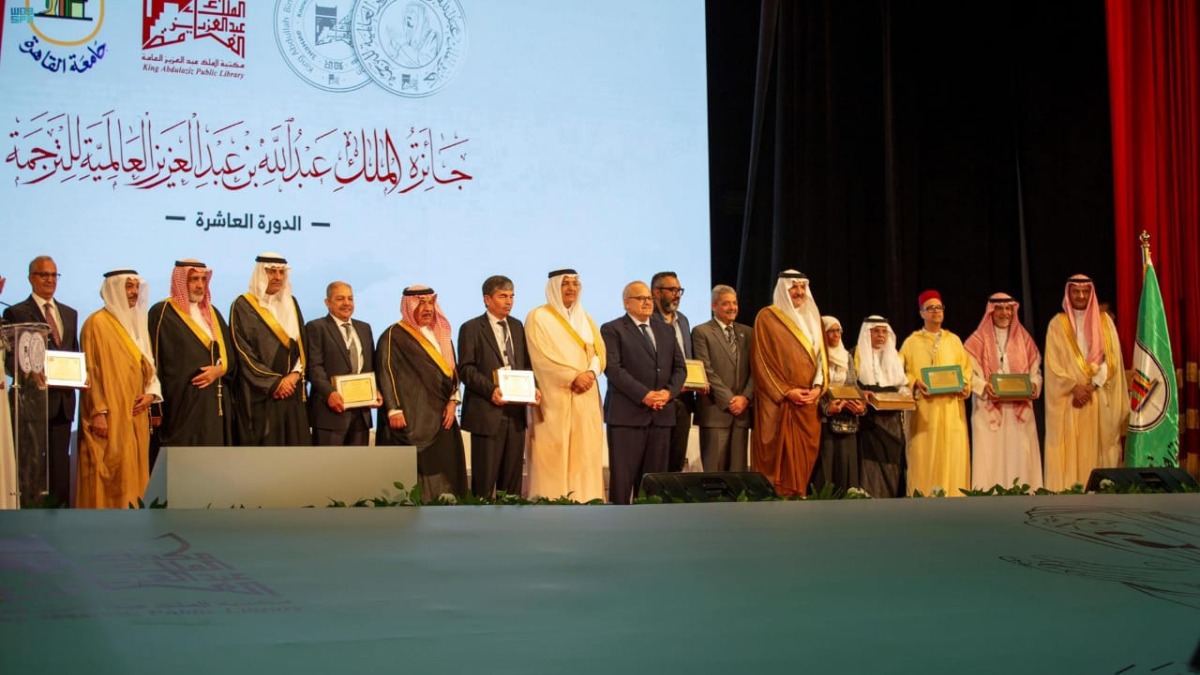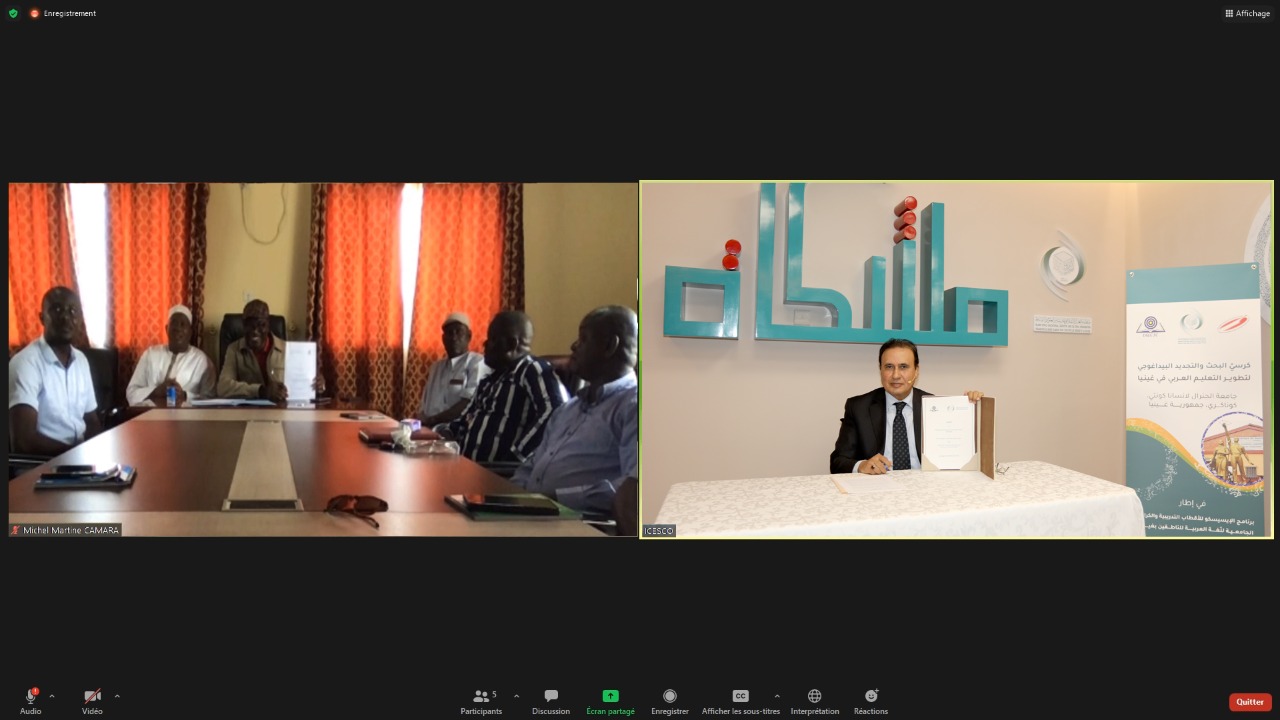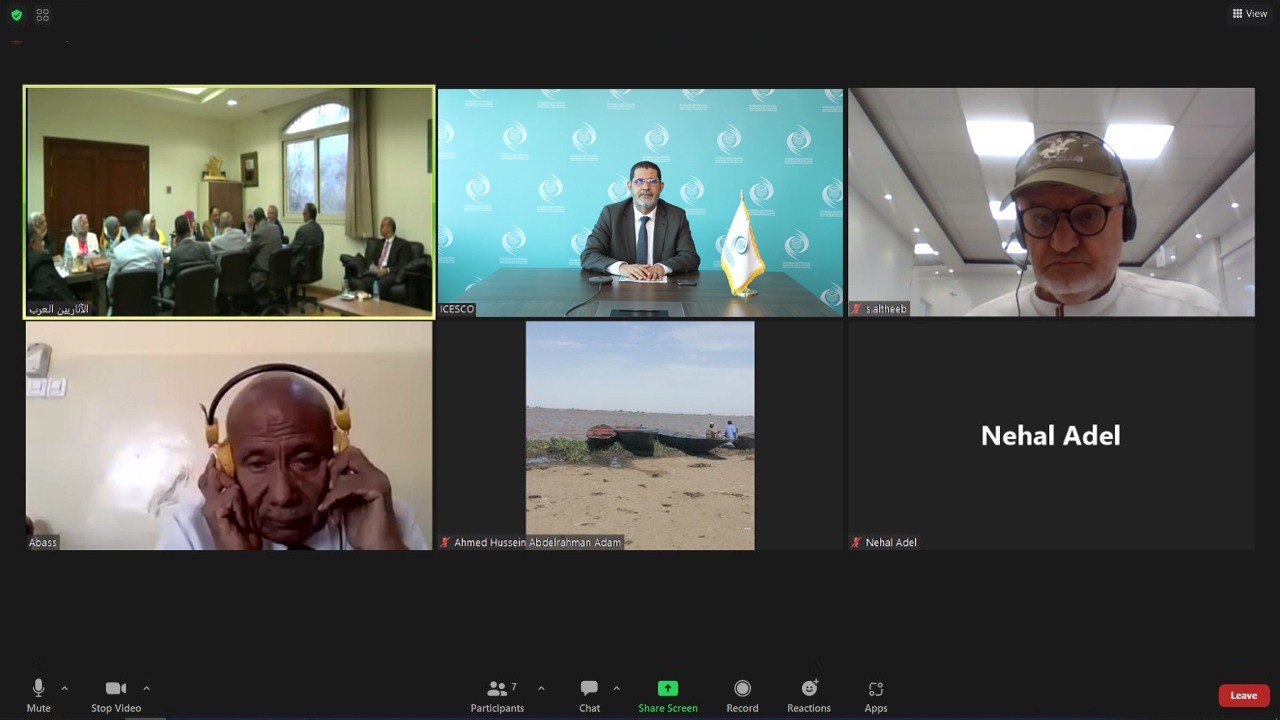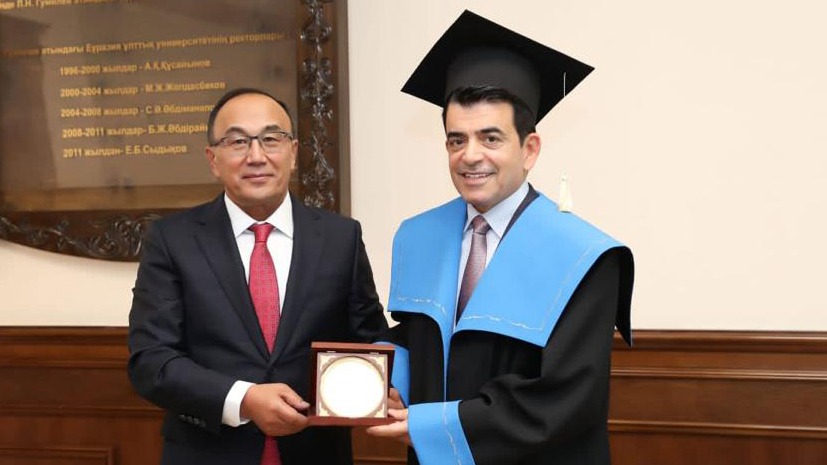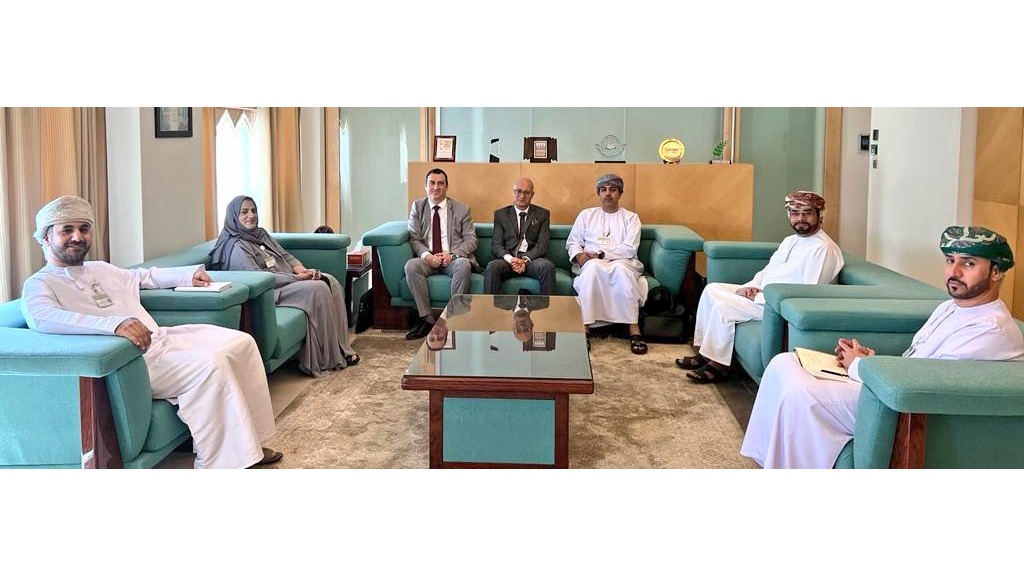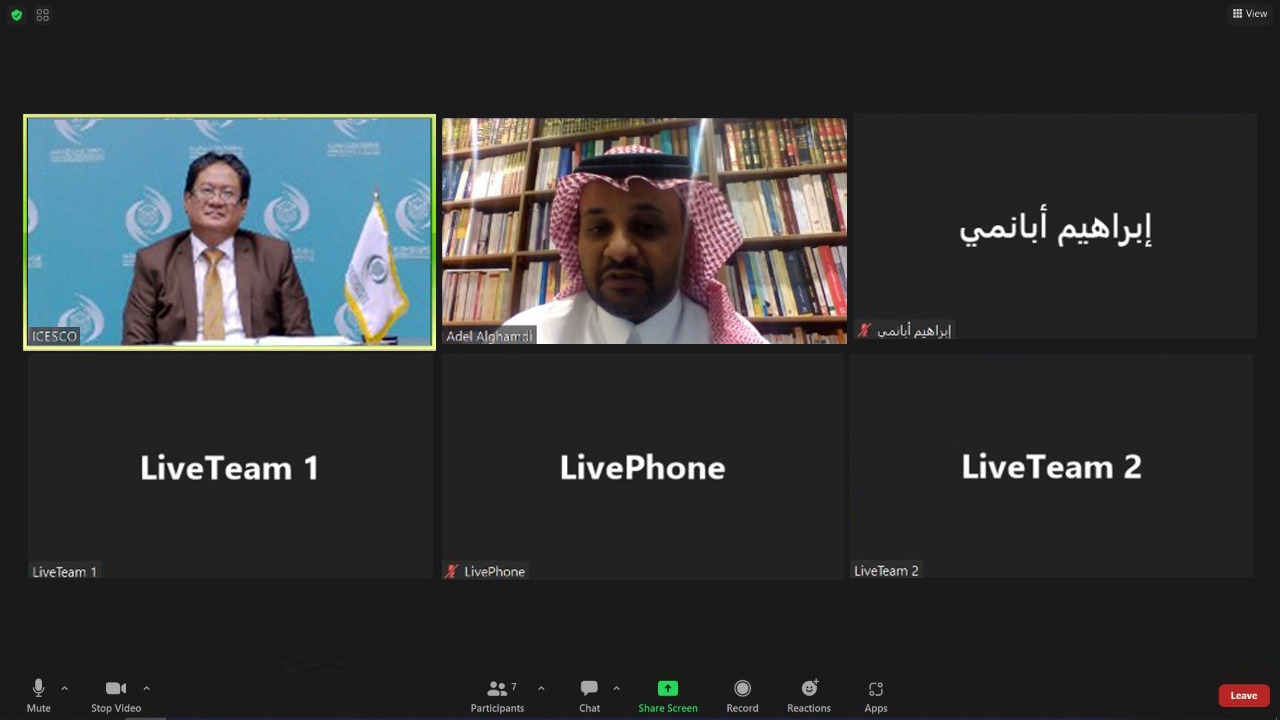The Islamic World Educational, Scientific and Cultural Organization (ICESCO) took part in the first edition of the “Erasmus Scientific Days” international conference, which was held by the National Erasmus+ Office in the Kingdom of Morocco, in partnership with ICESCO’s Strategic Foresight Center, the Cadi Ayyad University in Marrakesh, the Moroccan Ministry of Higher Education, Scientific Research and Innovation, the European Union’s Representation Office, and the Association of University Presidents in the Kingdom of Morocco, to promote scientific exchange in the areas of higher education and innovation.
Dr. Kais Hammami, Head of ICESCO’s Strategic Foresight Center, and Dr. Omar Halli, Advisor to the Director-General (DG) for the Federation of the Universities of the Islamic World (FUIW), represented the Organization during the two-day conference, which concluded its proceedings on Tuesday, October 18, 2022, and took place at the headquarters of the Cadi Ayyad University.

During the event, Dr. Hammami emphasized the importance of foresight in anticipating the future of learning and teaching, highlighting the constant and intricate changes that the world is currently witnessing. He also noted the need to advance the education sector and develop the necessary skills to fulfill the jobs of tomorrow.
The participants, which include researchers, university professors, experts and specialists from institutions and organizations working in the field of higher education, discussed a range of initiatives, scientific research papers and projects aimed at building and strengthening the capabilities of university faculty, staff and students.


